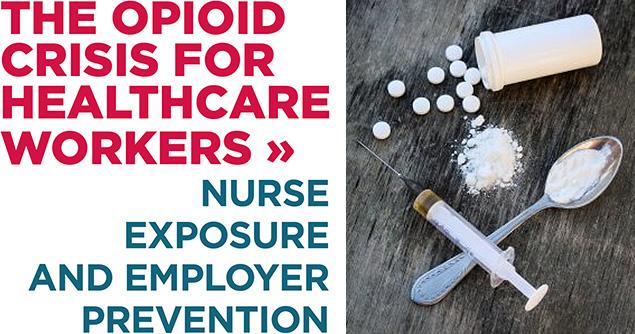Addressing the Opioid Crisis and its Effects on Public Health
Fikile Sithole![]() Invalid date
3 minutes, 29 seconds
Invalid date
3 minutes, 29 seconds
7.6K views 1 Like
The opioid crisis continues to be a pressing issue that has far-reaching implications on public health. This essay will address the various aspects of this crisis, from its origins to its consequences, and propose potential solutions to mitigate its devastating effects. The opioid epidemic, largely fueled by the over-prescription and misuse of prescription pain medications, has resulted in a surge of addiction, overdoses, and related health problems. It is imperative to address this crisis through comprehensive strategies that focus on prevention, treatment, and harm reduction measures to safeguard public health.
The origins of the opioid crisis can be traced back to the late 1990s when pharmaceutical companies aggressively marketed prescription opioids, assuring healthcare providers that these medications were safe and non-addictive. This led to a significant increase in the prescription of opioids, resulting in widespread availability and subsequent misuse of these drugs. Today, millions of individuals are struggling with opioid addiction, leading to alarming rates of overdose deaths and the transmission of infectious diseases. Addressing this crisis requires a multi-faceted approach that starts with reducing the over-prescription of opioids, implementing stricter regulations on pharmaceutical companies, and improving healthcare provider education on pain management alternatives.
The consequences of the opioid crisis extend far beyond addiction and overdose deaths. The public health implications are vast, affecting communities in myriad ways. Overdoses strain emergency response systems, foster a cycle of health emergencies, and place a burden on hospital resources. Additionally, the rise in opioid addiction has resulted in an increase in other health issues, such as the transmission of blood-borne infections through injection drug use, including HIV and hepatitis C. In order to mitigate these effects, it is crucial to invest in comprehensive treatment programs that include medication-assisted treatment (MAT), counseling services, and community support networks. Additionally, harm reduction strategies such as syringe exchange programs and naloxone distribution can save lives and help individuals struggling with addiction access crucial services.
In conclusion, addressing the opioid crisis requires a multi-faceted and comprehensive response that focuses on prevention, treatment, and harm reduction. Efforts should be made to reduce the over-prescription of opioids, with stricter regulations on pharmaceutical companies and increased education for healthcare providers. Investing in treatment and harm reduction programs will also be paramount in mitigating the public health consequences of the crisis. By implementing these strategies, we can work towards a future where individuals struggling with opioid addiction receive the care they need, and public health is protected from the devastating effects of this crisis
Image:https://www.nationalnursesunited.org/opioid-crisis-healthcare-workers

